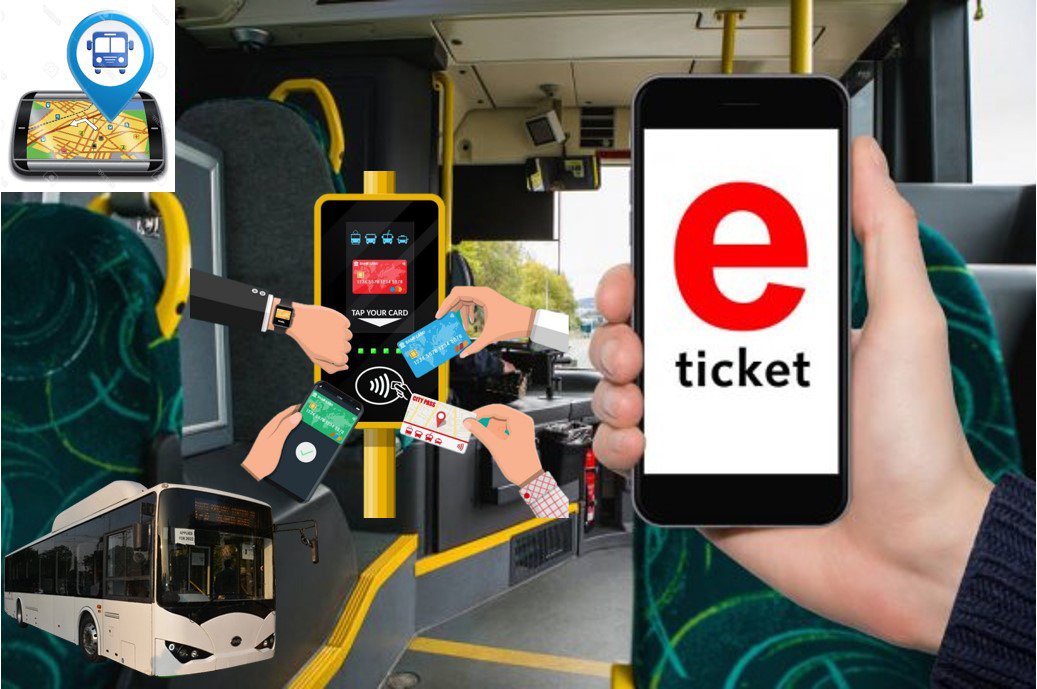The Punjab government has given the green light to two significant transportation projects aimed at improving public mobility and reducing environmental impact. One of these initiatives includes the introduction of a modern public transport system featuring 657 environment-friendly buses in cities such as Lahore, Faisalabad, Rawalpindi, Bahawalpur, and others. This move fulfills one of the promises made by Chief Minister Maryam Nawaz in her inaugural speech.
In addition to the urban bus project, the government has also approved the provision of 20,000 electric bikes, set to be launched on May 9. These electric bikes will not only contribute to reducing pollution but will also provide greater mobility, especially for women, enabling them to pursue education and careers independently.
The modern buses will be hybrid, running on a combination of diesel and electricity, offering a sustainable solution to tackle the pollution problem and address climate change challenges prevalent in the region. This initiative is particularly crucial given the high pollution levels, leading to health hazards and exacerbating the smog phenomenon observed in Punjab during certain months of the year.
During a meeting, Chief Minister Maryam emphasized the importance of addressing the financial burdens faced by students, directing officials to reduce the advance amount for students under the electric bike project. She emphasized that it is the government’s responsibility to alleviate the hardships faced by the public, especially in light of the alarming inflation rate.
Senior government officials including Senior Minister Marriyum Aurangzeb, Advisor to the CM Pervaiz Rasheed, and Transport Minister Bilal Akbar Khan, among others, attended the meeting to discuss these initiatives.
Separately, the Chief Minister was briefed on the progress of the low-cost housing project, aiming to construct 100,000 units for low-income groups. Maryam emphasized the need to reduce construction costs and installment payments for beneficiaries, underscoring the government’s commitment to providing affordable housing solutions.



